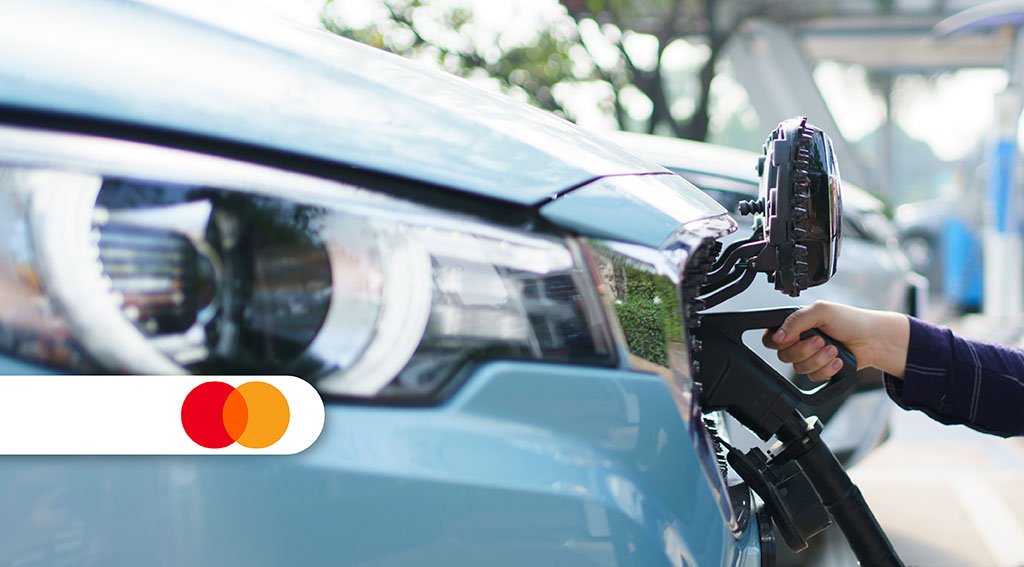Mastercard is working with the EV ecosystem to handle fragmentation in charging cost experiences, advancing expertise and establishing frequent cost requirements.
Regardless of hypothesis in regards to the slowdown of EV adoption, international gross sales of absolutely electrical and plug-in hybrid autos rose by 25.6% in 2024, reaching over 17 million items.
In North America, gross sales elevated by practically 9%, supported by increasing public charging networks, improved battery efficiency, and authorities incentives.
Nevertheless, inconsistent cost techniques stay a problem, with automotive producers and cost level operators utilizing proprietary platforms.
To handle this, Mastercard is advocating for an open-loop cost system, enabling drivers to make use of contactless playing cards, digital wallets, or wearables at charging factors with out requiring extra apps or accounts.
This method mirrors the transformation seen in public transit techniques, the place tap-to-ride funds have streamlined passenger experiences.
“Right this moment, the worldwide language is digital, however a scarcity of frequent digital requirements can hinder innovation and counteract efforts to construct a stronger, extra inclusive international economic system,”
mentioned Jennifer Marriner, Govt Vice President for International Acceptance Options at Mastercard.
“Making EV charging funds open loop is a vital step in direction of actual interoperability and ubiquitous entry for drivers.”
Mastercard is working with companions to develop contactless charging infrastructure and assist standardisation efforts comparable to ISO 15118, which facilitates sensible charging and Plug & Cost expertise.
The corporate not too long ago partnered with Norway-based auto expertise agency DEFA and its subsidiary Hyfer to combine open-loop cost options into EV charging.
Featured picture: Mastercard



